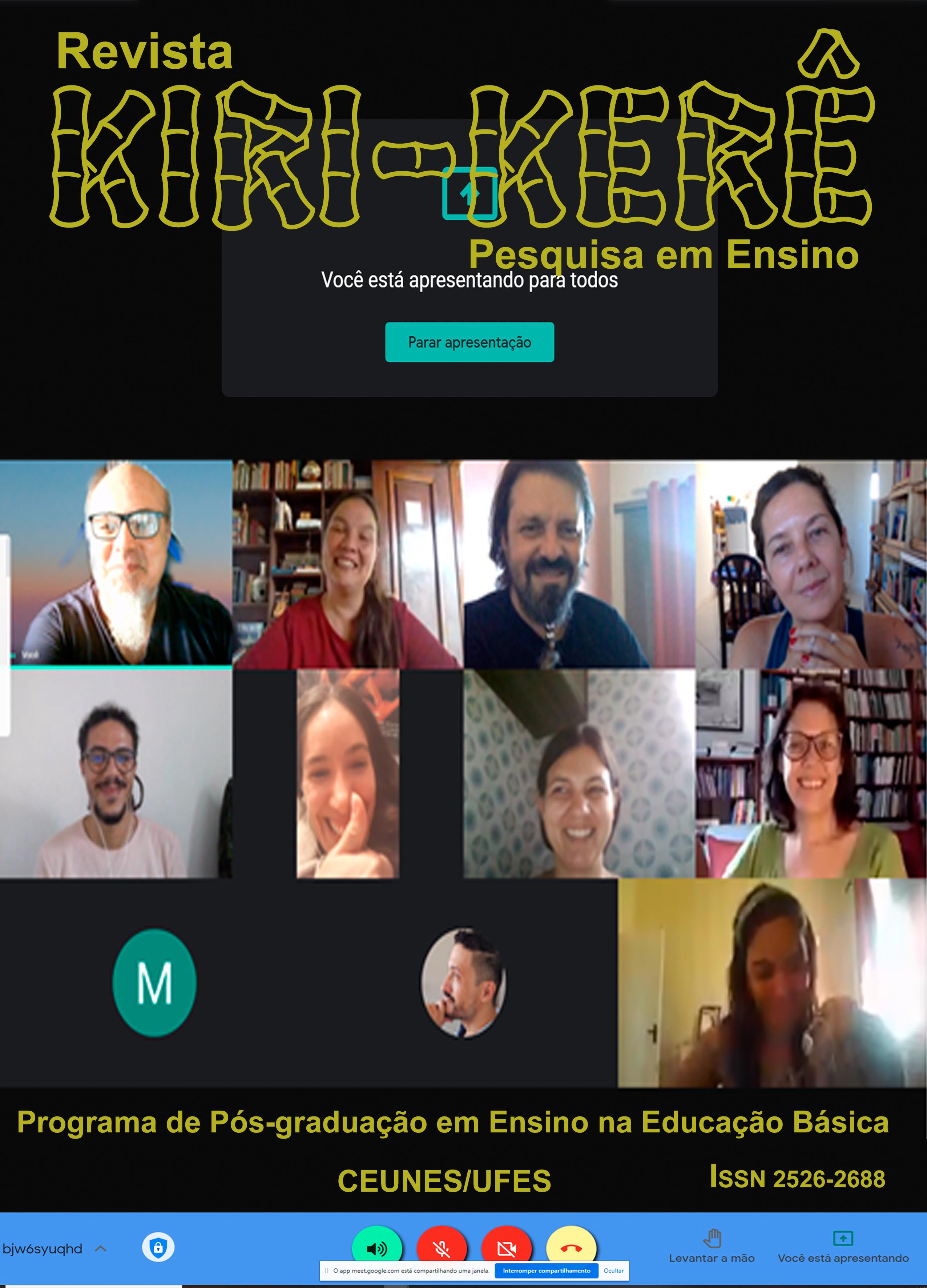Connected to learn: whatsapp, facebook, qr code and google classroom
DOI:
https://doi.org/10.47456/krkr.v1i9.32870Abstract
The pandemic has arrived. Given the challenges faced by society as a whole, schools could not be different. We started the school year in February according to the school calendar and everything seemed to go smoothly, when classes were abruptly interrupted. It's been six months and we are still at home, schools closed, quiet and empty spaces. With a view to connecting everyone, in a single chain, we thought of creating conditions for this and especially for the vast majority, without internet, through the school's wi-fi, made available by SEME. With all the security measures, by rotating classes, around the school, outdoors, we started to receive students. Thus, the present article, of qualitative character and investigative characteristic, carried out with students from the 6th to the 9th grade of EMEB Maria das Dores Pinheiro Amaral, aims to work on the reading, interpretation and text elaboration skills through the QR CODE application. The study presents an action plan as a methodology, in order to work on solving mathematical problems based on Malba Tahan. The results were satisfactory, since experience brought us together even at a distance, because we saw schools, students, parents and the community coming together in times never before experienced by our generation. We discovered that, as humans, we are able to be creative and strong, to face challenges.
Keywords: Pandemic. Challenges. Learning.
Downloads
Downloads
Published
Issue
Section
License
The authors accept, when sending their works, the assignment of their copyrights.

